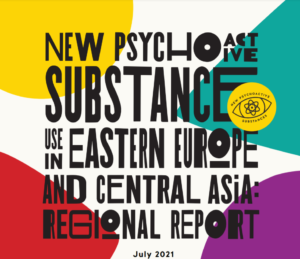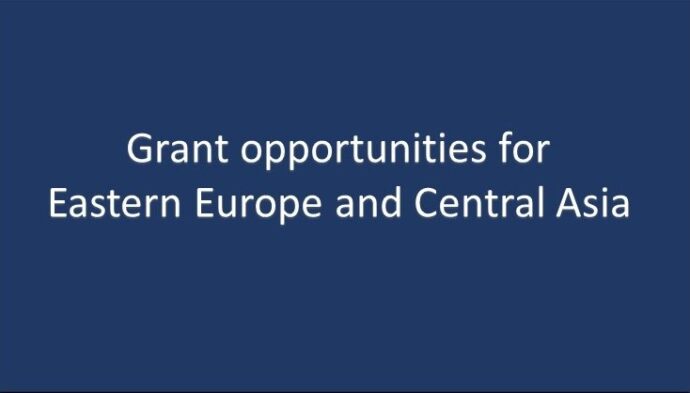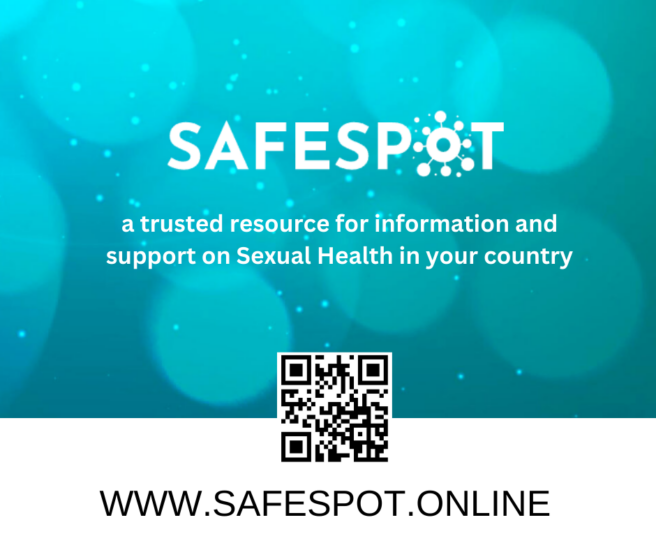 Throughout the Eastern Europe and Central Asia (EECA) region, the use and variety of NPS are relevant issues, although the nature and extent differ among the EECA countries and subregions, with better awareness of their presence among health professionals and people who use drugs.
Throughout the Eastern Europe and Central Asia (EECA) region, the use and variety of NPS are relevant issues, although the nature and extent differ among the EECA countries and subregions, with better awareness of their presence among health professionals and people who use drugs.
Synthetic cannabinoids and synthetic cathinones are predominant groups of NPS and widely available, whereas synthetic opioids seem to be more present in Estonia and Lithuania. Among people who use NPS, there are two key populations: those who have more experience with use of drugs, who have shifted to the use of NPS for a variety of reasons, and young people with no previous history of drug use. Drivers for use of NPS include the unavailability of drugs of choice, context-driven motives, as many NPS are not detected in blood and urine, and the aggressive marketing of NPS throughout the EECA region. NPS are marketed on social media channels, but also on public walls in many cities. A main risk of NPS is the absence of (chemical) analysis: that is, you do not know what you are actually consuming. Other health-related risks include mental health issues and increased risk of transmission of human immunodeficiency virus (HIV) and hepatitis C virus (HCV) caused by unsafe use (mainly by injections), often combined with unsafe sex. So far, in the EECA region, no specific treatments are available for people with NPS dependency issues, as the focus has remained on traditional drugs, in particular opioid use. Similarly, harm reduction services are mostly not equipped to address the need of people who use NPS. In the EECA region, data-driven and science-based publications on NPS are almost non-existent.
Regional report on NPS use in EECA countries draws on a study conducted by the School of Law, Swansea University, in collaboration with the Eurasian Harm Reduction Association (EHRA). Within the framework of this project, 8 country reports were drafted, targeting the use of new psychoactive substances in Belarus, Estonia, Georgia, Kazakhstan, Kyrgyzstan, Lithuania, Moldova, and Serbia.




